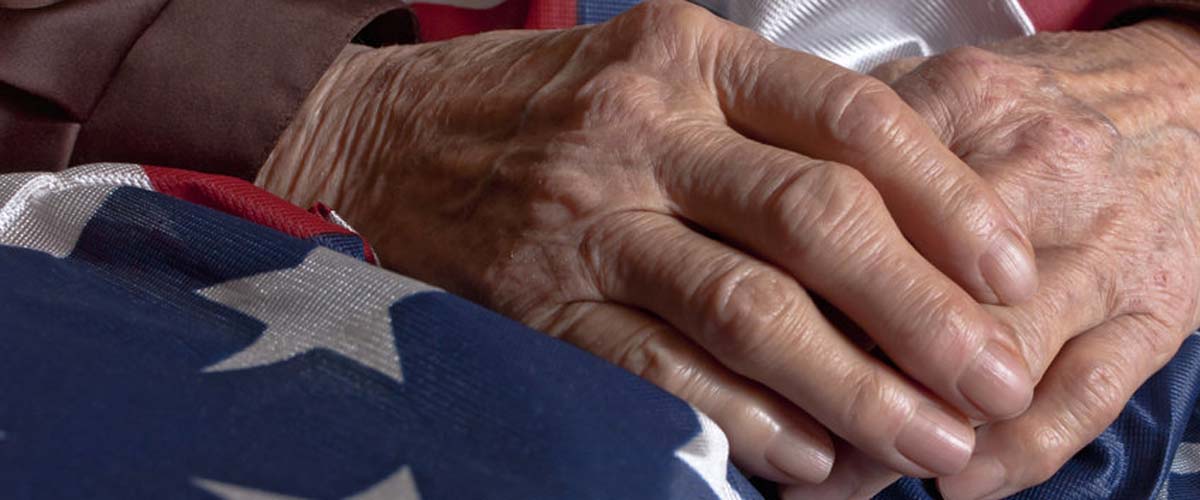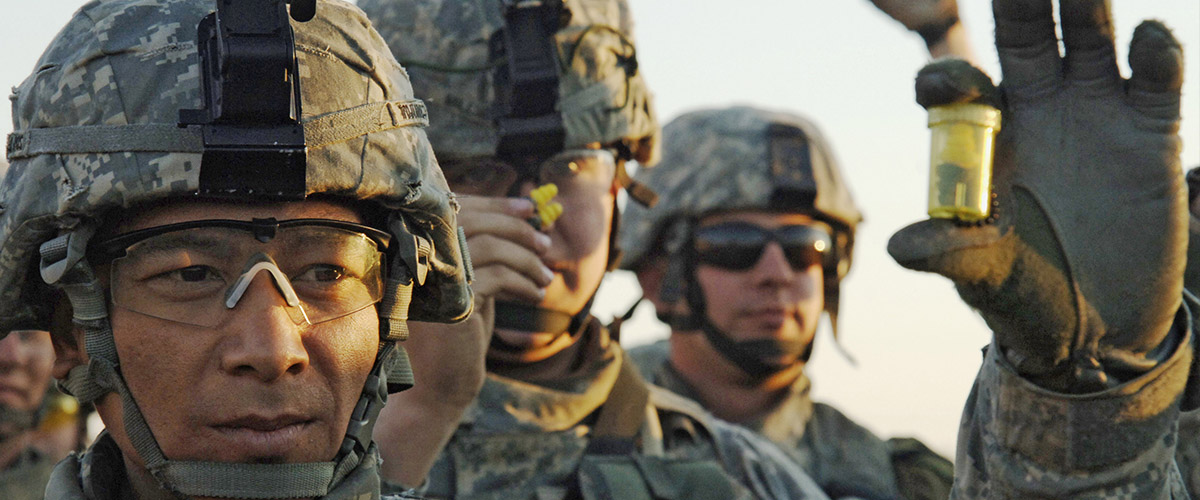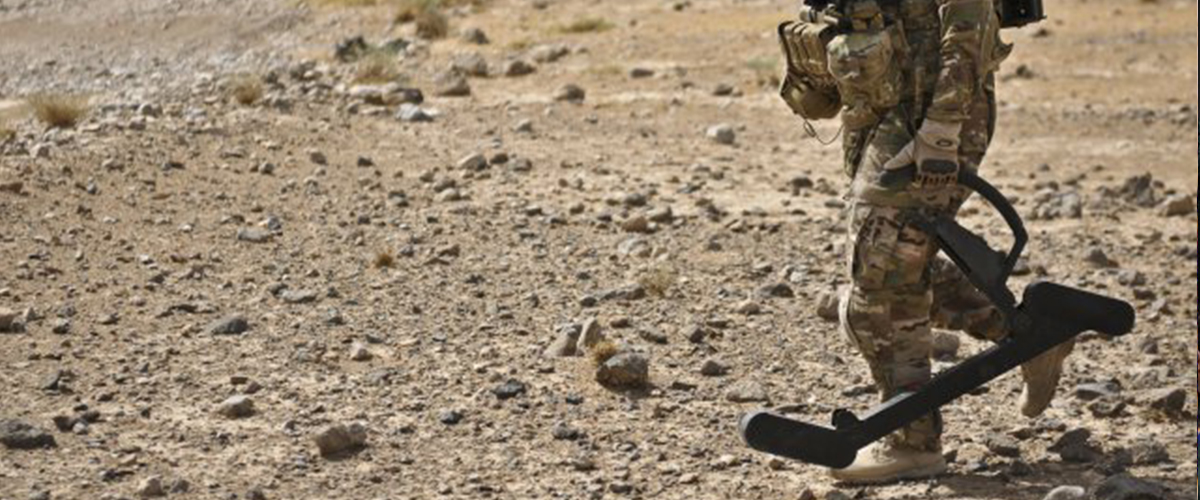
VA to Expand Care and Services for Elderly Veterans
A growing number of aging Veterans has The Department of Veterans Affairs re-examining the budgets for senior Veteran-care programs. The agency is expanding several programs that will allow senior Vets to age in their homes or live in home-like settings as alternatives to elder care facilities.
Which Senior Programs is the VA expanding?
At the end of January, VA officials announced that they will expand the following programs:
- Home-Based Primary Care
- Veteran-Directed Care
- The Medical Foster Program
These programs provide medical care and caregiver services to housebound older Veterans. The Medical Forster Home program, which provides housing and services to Veterans, will also see an increase in funding.
The VA’s Office of Geriatrics and Extended Care said that this expansion is needed. This expansion ensures that the department can support a growing number of Veterans eligible for nursing home care.
How much will the Veteran population grow?
According to research, by 2039, the number of senior Veterans is expected to double from 2 million to 4 million.
Older Veterans Are At Risk for Elder Abuse
Every year, around 10% of older Veterans are victims of elder abuse. By expanding eldercare programs for qualified assistance for Vets, it can help protect and reduce the likelihood of elder abuse in Veterans.
What is Veteran Elder Abuse?
Even trusted family members may subject a Veteran to elder abuse such as financial exploitation or forcing them to take drugs to make caring for the Veteran “easier.”
Warning signs of abuse include the following:
Physical Abuse
Signs of physical abuse in Veterans include the following: bruises, black eyes, welts, lacerations, rope burns on wrists and ankles, broken eyeglasses, medication overdose or underuse.
Psychological Abuse
Signs of psychological abuse include the following: easily agitated, withdrawn, non-communicative, unusual behavior such as sucking biting or rocking, incessant apologizing.
In addition, a caregiver may prevent loved ones from seeing the Veteran alone.
Sexual Abuse
Signs of sexual abuse may include bruises around breasts or genital areas, unexplained STDs, fear of a certain person or unexplained blood on sheets or clothing.
Neglect and Abandonment
Neglect is the biggest culprit when it comes to elderly abuse. Signs of neglect or abandonment includes the following: dehydration, malnutrition, untreated bedsores, poor personal hygiene, untreated health problems, unsanitary or unclean living conditions, desertion at a public location.
Financial Abuse
Because of the retirement and disability benefits that many Veterans receive, they are at an increased of financial abuse. Warning signs of financial abuse may include the following: unexplained changes in bank accounts, abrupt changes in a will or other financial documents, unexplained disappearance of funds or possessions, unpaid bills or sudden unexplained transfer of assets.
We’ve got your six
If you are a Veteran suffering elderly care abuse or know of someone who is, The Veteran Legal Assistance Program is here to help. We support Veterans and Active-Duty servicemembers. In addition to offering valuable information, we are here to amplify the voices of Veterans and their families. If you are in need of assistance, contact the Veterans Legal Assistance Program and let us know how we can help.
We are Veterans helping Veterans.



